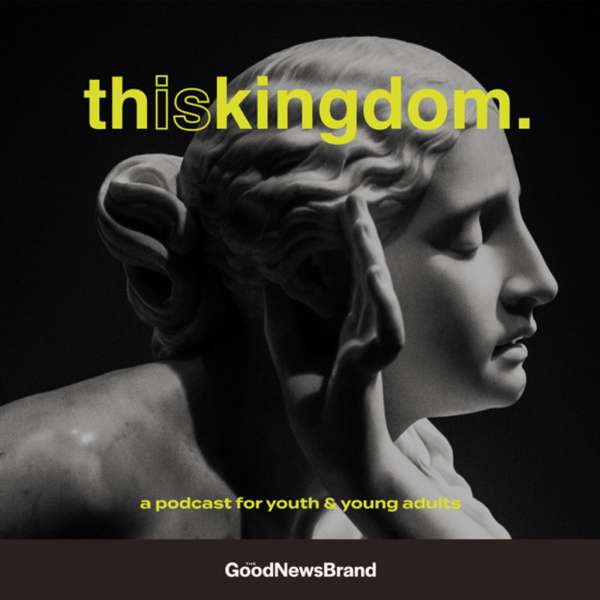In this episode, we are talking with my friend Raven, a licensed Marriage & Family Therapist, about the topic of processing fear and sadness. Raven is one of those friends that can get deep and these kind of friends are such a gift. While she hasn’t walked the road of infertility, she has walked through some hard stuff and has had to wait on God. So I love that she brings a personal level of understanding to the emotions that waiting can bring.
Fear vs. Anxiety
Emotions, in general, are information via signals within our bodies that are often closely related to sensations, thoughts or behaviors.
Fear is a physiological response to something happening to us or around us that alerts us to a perceived danger. All emotions are adaptive as a means to alert our brains of what “next steps” to take. One of the most powerful things we can realize is that we were given emotion, including fear anxiety and even anger, for a reason.
Anxiety is more specific than fear. It is an emotion characterized by racing or intrusive thoughts, muscle tension, increased heart rate, difficulty sleeping or focusing- restlessness. In my experience, anxiety results from ignoring or being unable to attend to, some fear or situation. The friction created by an unmet need whether that is for safety, comfort, or change.
Practical ways to process fear & anxiety:
First step is to regulate. Nothing else.
Remind yourself that you are safe.
It’s important to note that these steps have nothing to do with getting rid of fear. God gave us fear, even anxiety. We are just unable to use it in the way it is intended when we are flooded with emotions. Then, once you are regulated, can you identify your need? Simmer it down to that moment’s need: comfort, safety, care.
Sadness & Depression
Sadness is a signal that we are worn down and can manifest in these bodily signs: tears, a “weight,” general slowing.
Depression has a very specific definition. (1) Depressed mood most of the day, nearly every day. (2) Markedly diminished interest or pleasure in all, or almost all, activities most of the day, nearly every day. (3) Significant weight loss when not dieting or weight gain, or decrease or increase in appetite nearly every day. (4) A slowing down of thought and a reduction of physical movement (observable by others, not merely subjective feelings of restlessness or being slowed down). (5) Fatigue or loss of energy nearly every day. (6) Feelings of worthlessness or excessive or inappropriate guilt nearly every day. (7) Diminished ability to think or concentrate, or indecisiveness, nearly every day. (8) Recurrent thoughts of death, recurrent suicidal ideation without a specific plan, or a suicide attempt or a specific plan for committing suicide. To receive a diagnosis of depression, these symptoms must cause the individual clinically significant distress or impairment in social, occupational, or other important areas of functioning. The symptoms must also not be a result of substance abuse or another medical condition.
Depression is not just sadness multiplied. Depression is related to duration, bodily impact, and effect on day to day living and relationships.
Strategies for both acknowledging and battling fear/ sadness:
Familiarize yourself with your body’s way of letting you know that you need something.
Get curious instead of panicking.
Seek out a counselor, mentor, or support group.
Ad: https://www.megansmalley.com/givegracebook
Ad: https://www.theovercomejournal.com/
If you love this podcast, I’d really appreciate it if you’d hit the subscribe button and leave me a 5 star review. These simple things help others find us and help support this ministry so we can keep providing free content for you.
For all the latest information, helpful resources, announcements about new season launch dates and to join our free online community, visit www.theinfertilitysisterhood.com and make sure to follow us on Instagram (@theinfertilitysisterhood / @megansmalley).

 Our TOPPODCAST Picks
Our TOPPODCAST Picks  Stay Connected
Stay Connected







